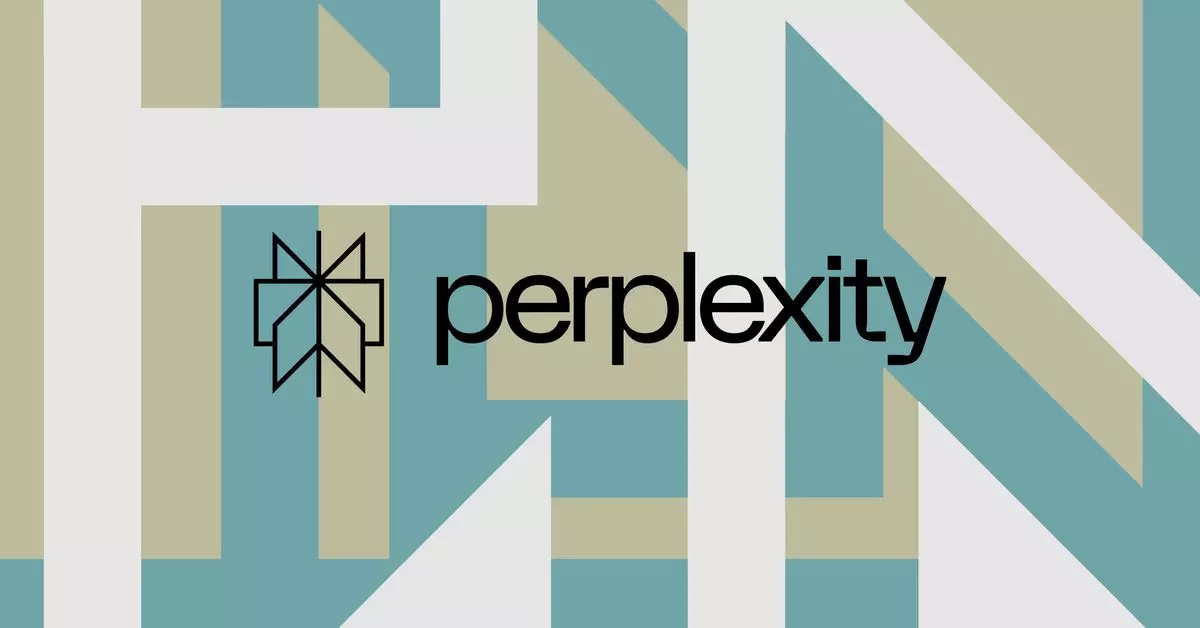The intersection of artificial intelligence and media has become a battleground marked by legal disputes and ethical dilemmas. A notable example is the ongoing conflict between AI startup Perplexity and News Corp, the powerful conglomerate behind major publications such as The Wall Street Journal and the New York Post. At the heart of the issue is a lawsuit filed by News Corp, which has accused Perplexity of “massively” copying content without permission. This legal challenge has sparked a debate over the ownership of information, particularly regarding how publicly available facts can be utilized by AI technologies.
Perplexity’s blog post articulates a standpoint claiming that news organizations like News Corp are advocating for a world where corporations have exclusive rights over publicly reported facts. This notion raises critical questions about the nature of information and ownership. While it is undeniable that copyright protects the specific expressions of ideas—like the unique phrasing found in articles—Perplexity argues vehemently that no entity can possess the facts themselves. This distinction is vital, emphasizing a potential shift in how we perceive the sharing of information in the digital age.
Moreover, this legal confrontation draws attention to existing tensions between media corporations and technology startups. As industries increasingly intertwine, a collaborative approach rather than adversarial litigation may be more beneficial for both parties. This sentiment is echoed in Perplexity’s assertion that the lawsuit represents a “fundamentally shortsighted” perspective.
The ramifications of this dispute extend beyond the courtroom. For AI companies, allegations of intellectual property violations can lead to stifled innovation and hesitant partnerships. The fear of litigation may prevent startups from developing novel solutions that leverage openly available information to provide users with enhanced capabilities. Perplexity, for instance, has highlighted its willingness to engage in revenue-sharing initiatives with publications, thereby promoting a more symbiotic relationship with the media. Collaborations of this nature could transform the often adversarial dynamics into mutually beneficial partnerships.
As the legal landscape evolves, it is crucial for all stakeholders—not just media corporations and tech startups—to actively participate in these discussions about the future of information sharing. The potential for AI to enhance journalistic endeavors suggests that the technology should not be viewed merely as a competitor but as a partner.
The conflict between Perplexity and News Corp serves as a microcosm of a broader challenge faced in the age of technology: balancing the protection of intellectual property rights with the essential freedom of information. How this turbulent relationship unfolds could very well set the tone for future interactions between the realms of journalism and technology, influencing the very core of how we consume and interact with news.

